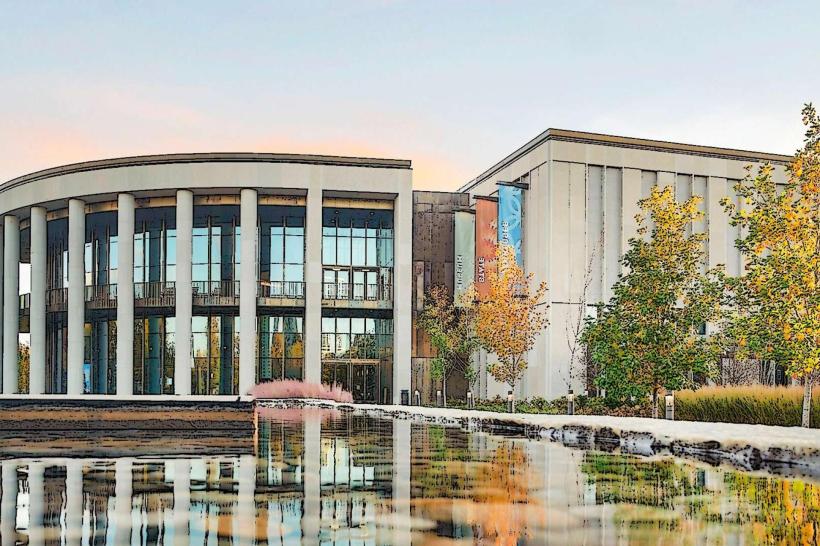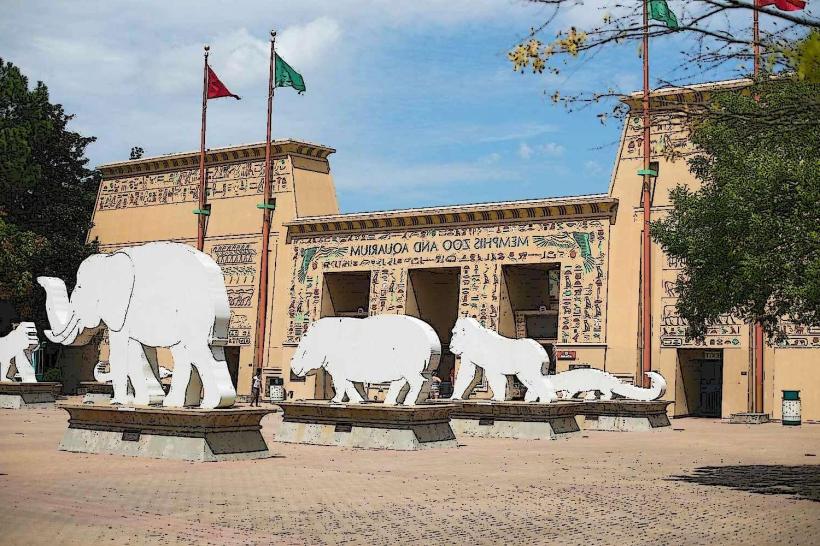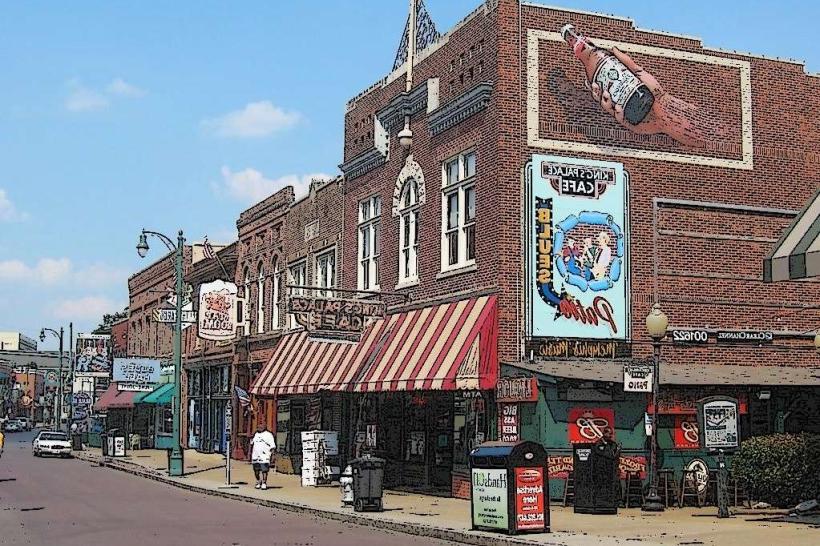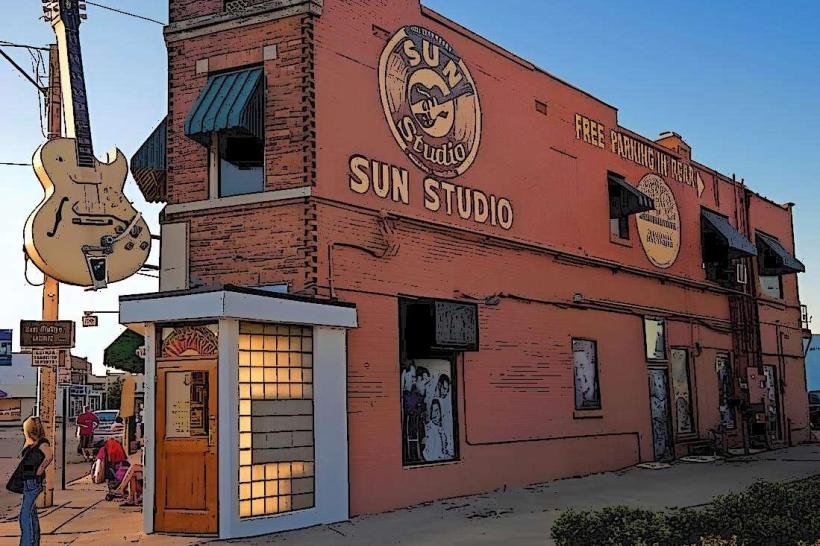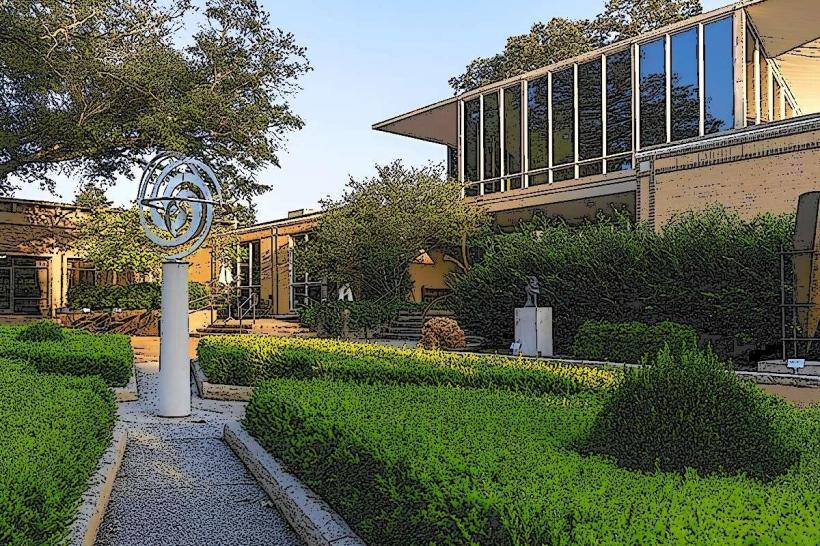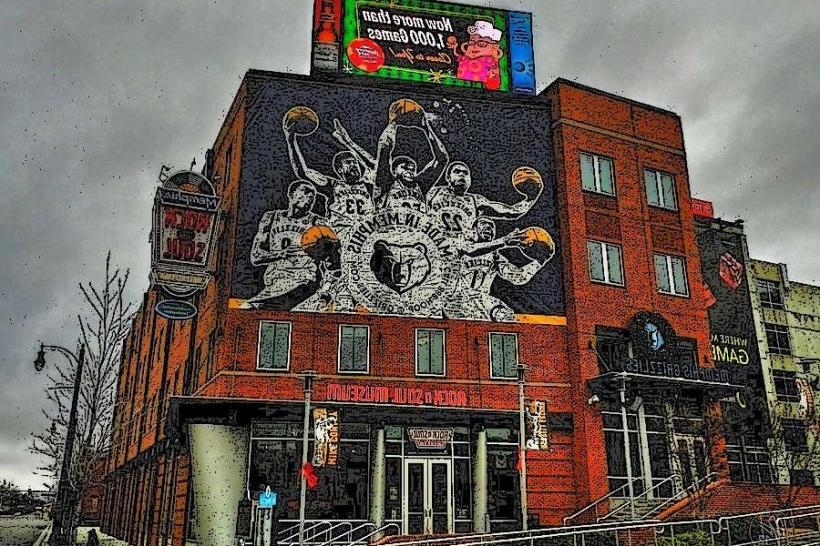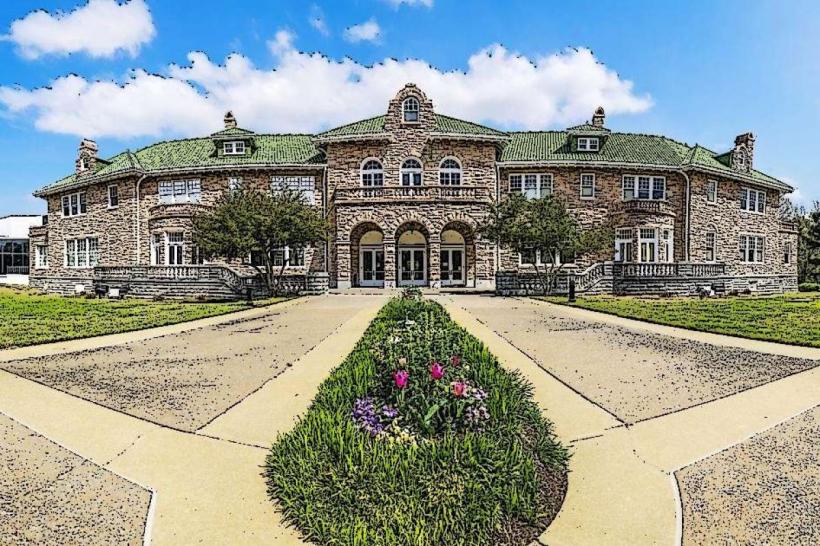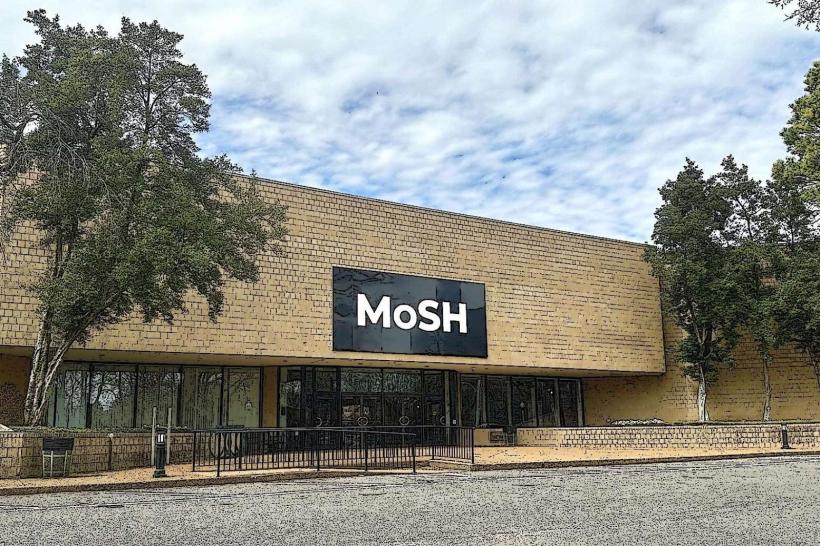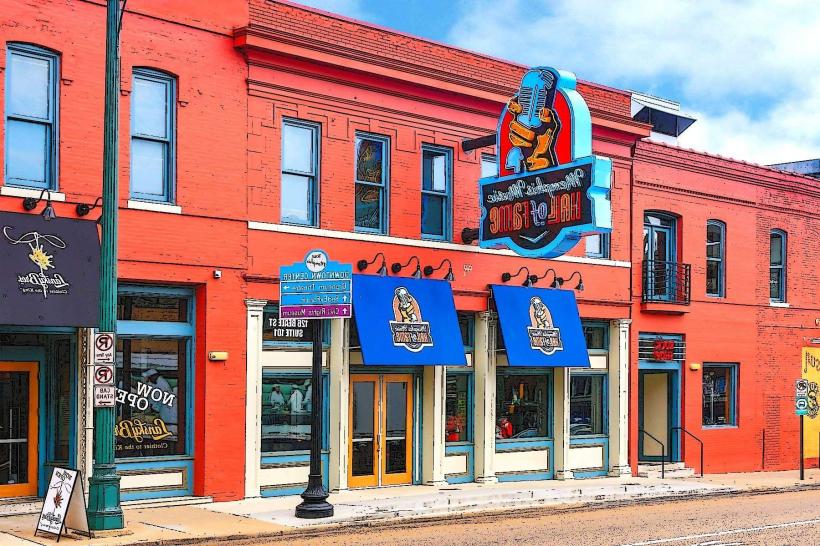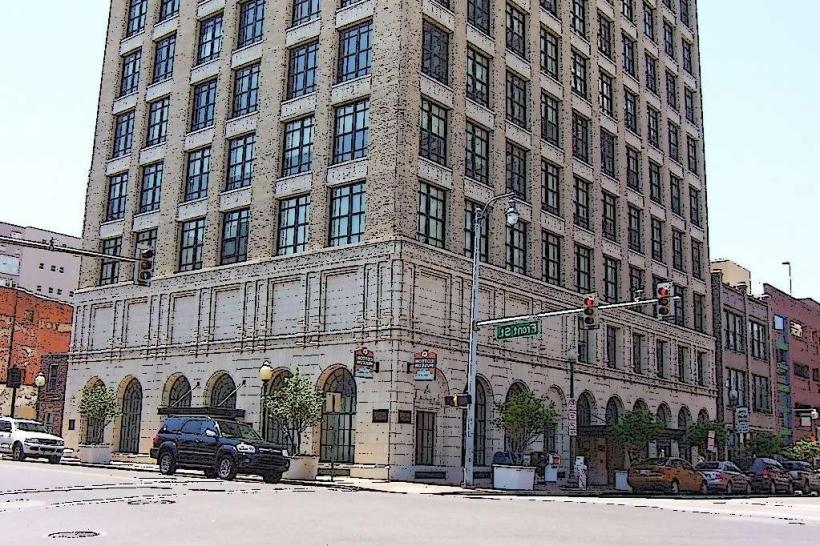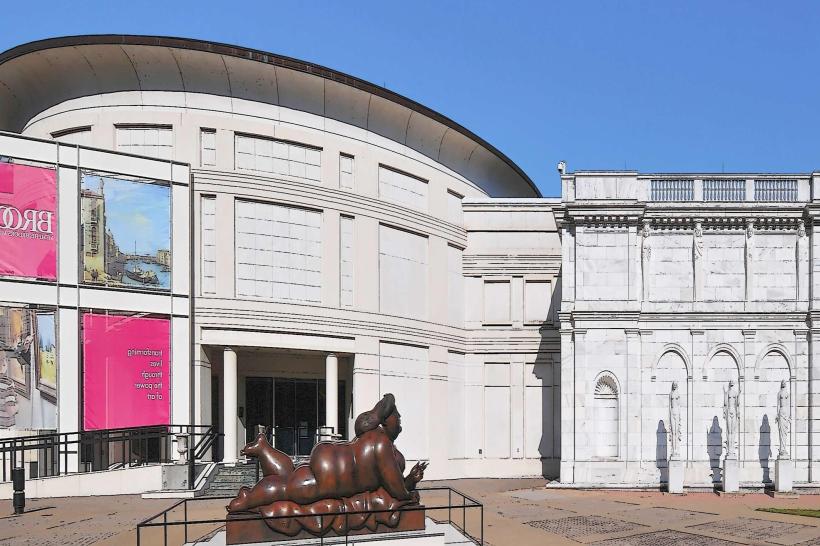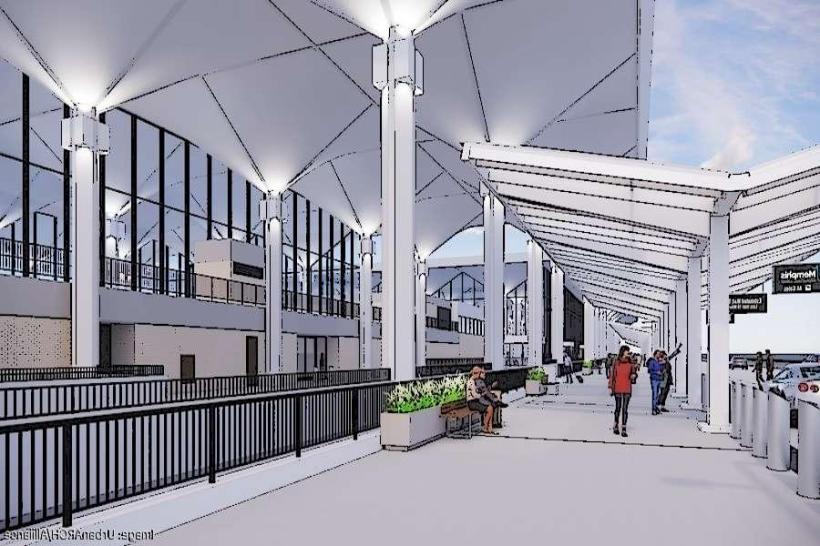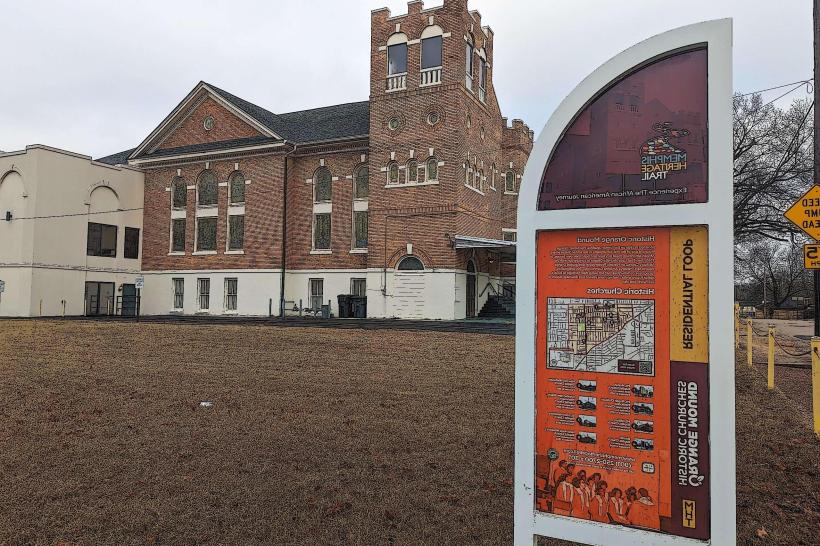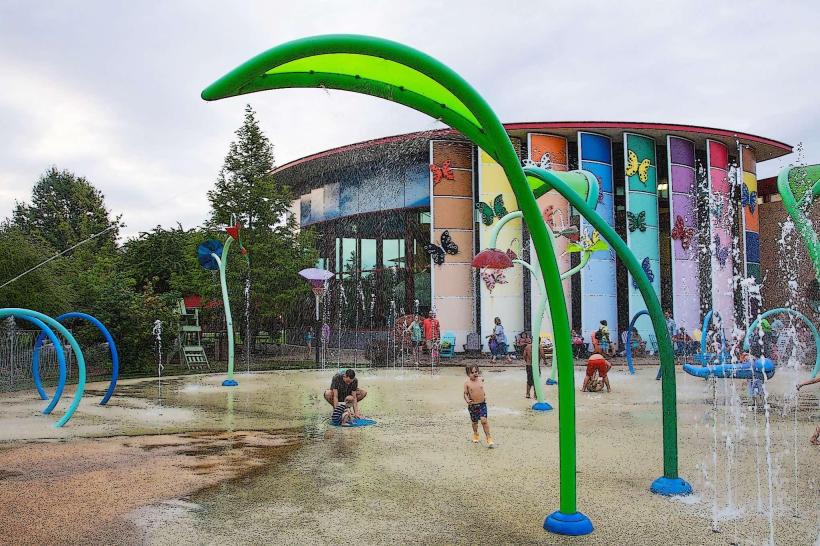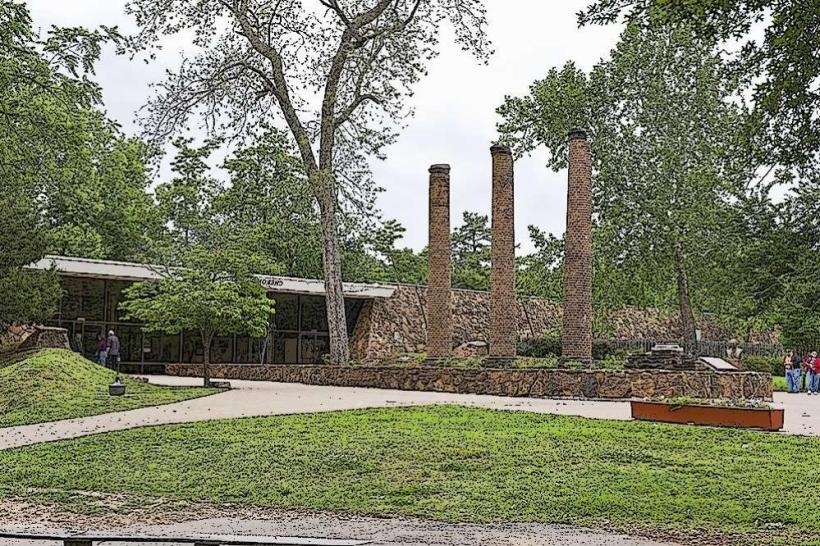Information
Landmark: Orpheum TheatreCity: Memphis
Country: USA Tennessee
Continent: North America
Orpheum Theatre, Memphis, USA Tennessee, North America
The Orpheum Theatre in Memphis, Tennessee, is a majestic and historically significant performing arts venue, widely regarded as one of the cultural jewels of the city and the entire Mid-South region. Located at 203 South Main Street in downtown Memphis, the Orpheum stands as a symbol of artistic excellence, architectural grandeur, and deep-rooted community engagement, serving as a premier venue for a broad spectrum of live entertainment ranging from Broadway productions to concerts, comedy shows, and special events.
Historical Overview
The origins of the Orpheum Theatre date back to 1890, when it first opened as the Grand Opera House. The venue was initially established to bring opera, theater, and high-caliber performances to Memphis, catering to a burgeoning cultural appetite within the city. In 1907, it joined the prestigious Orpheum Circuit, a national chain of vaudeville theaters, which boosted its profile and brought a variety of popular performances, including vaudeville acts, stage shows, and early motion pictures.
Tragedy struck in 1923 when the original building was destroyed by fire. Undeterred, the current Orpheum Theatre was constructed and officially opened on November 19, 1928. The building was designed by the acclaimed Chicago architectural firm Rapp and Rapp, known for their lavish movie palaces and theaters across the United States. This new structure showcased an exquisite Italian Renaissance Revival style, featuring ornate plasterwork, grand staircases, chandeliers, and a stunning auditorium designed to immerse audiences in luxury and comfort.
Architecture and Design
The Orpheum Theatre’s architecture reflects the opulence and craftsmanship of early 20th-century American theater design. Key architectural and design highlights include:
Italian Renaissance Revival Style: The façade and interior boast classical elements such as columns, intricate moldings, and detailed frescoes, evoking the grandeur of European palaces.
Grand Auditorium: The main theater seats approximately 2,400 guests, with plush seating arranged to provide excellent sightlines and acoustics.
Ornate Lobby and Foyer: Visitors are welcomed by a richly decorated lobby with marble floors, gilded accents, crystal chandeliers, and fine art, all contributing to a regal atmosphere.
Murals and Decorative Artwork: The ceilings and walls are adorned with murals depicting mythological and allegorical themes, enhancing the immersive theatrical experience.
Advanced Stage Facilities: Modern updates have equipped the stage with state-of-the-art lighting, sound systems, and rigging, enabling the theater to accommodate large-scale Broadway productions and concerts.
Cultural Significance and Role in Memphis
For nearly a century, the Orpheum Theatre has been a cornerstone of Memphis’s cultural life, presenting a diverse array of entertainment that reflects both local tastes and global trends. It has hosted:
Vaudeville and Early Cinema: During the early 20th century, the Orpheum was a key venue for vaudeville acts, silent films, and “talkies,” shaping Memphis’s early entertainment landscape.
Broadway and Touring Productions: The theater is a regular stop for major Broadway tours, offering Memphis residents access to world-class musicals, plays, and dance performances.
Concerts and Special Events: Renowned musicians, comedians, and artists from various genres have graced the Orpheum stage, making it a vibrant hub for live music and entertainment.
Community and Educational Programs: The theater supports arts education and outreach, hosting student matinees, workshops, and collaborations with local schools and arts organizations.
The Orpheum’s importance extends beyond entertainment; it serves as a unifying cultural landmark, drawing residents and visitors alike, contributing to downtown Memphis’s economic vitality and urban renaissance.
Renovations and Preservation
Recognizing its architectural and cultural significance, the Orpheum Theatre was listed on the National Register of Historic Places. Over the decades, the theater has undergone multiple restoration projects to preserve its historic features while upgrading technical capabilities:
Restoration of Decorative Elements: Efforts have been made to restore original murals, plasterwork, and decorative finishes, maintaining the theater’s authentic 1920s grandeur.
Modern Infrastructure: Upgrades include enhanced sound and lighting systems, improved seating comfort, and accessibility improvements to meet contemporary standards.
Stage and Backstage Expansion: Renovations expanded backstage areas and technical facilities to better accommodate large-scale touring shows.
These investments ensure the Orpheum remains a top-tier venue capable of hosting a wide range of performances while honoring its heritage.
Visitor Experience
Attending a show at the Orpheum Theatre is both a cultural and architectural experience. Visitors enjoy:
Luxurious Ambiance: The ornate interiors and historic charm create a memorable atmosphere long before the performance begins.
Convenient Downtown Location: Situated near other Memphis landmarks, restaurants, and hotels, the theater is easily accessible to locals and tourists.
Full-Service Box Office and Ticketing: Tickets for shows can be purchased online, by phone, or in person, with helpful staff available to assist.
Accessibility: The theater provides accommodations for patrons with disabilities, including wheelchair seating and hearing assistance devices.
Notable Events and Programming
The Orpheum regularly hosts an array of high-profile and diverse programming, including:
Broadway Musicals: Touring productions of popular shows like The Lion King, Hamilton, and Wicked frequently perform here.
Concerts: From classical orchestras to contemporary artists, the theater attracts a wide spectrum of musical talent.
Comedy Shows and Lectures: Renowned comedians and speakers appear regularly, enriching the city’s cultural calendar.
Local and Regional Performances: The venue supports Memphis-based artists and ensembles, fostering local cultural expression.
Summary
The Orpheum Theatre Memphis stands as a monument to the city’s enduring commitment to the performing arts. Its stunning Italian Renaissance architecture, rich historical legacy, and vibrant present-day programming make it an indispensable part of Memphis’s cultural fabric. The theater not only preserves the grandeur of the early 20th century but also continually adapts to serve contemporary audiences, offering world-class entertainment experiences in a setting that honors its illustrious past.
Its role in nurturing community, culture, and the arts ensures that the Orpheum remains a cherished destination for Memphians and visitors alike.

